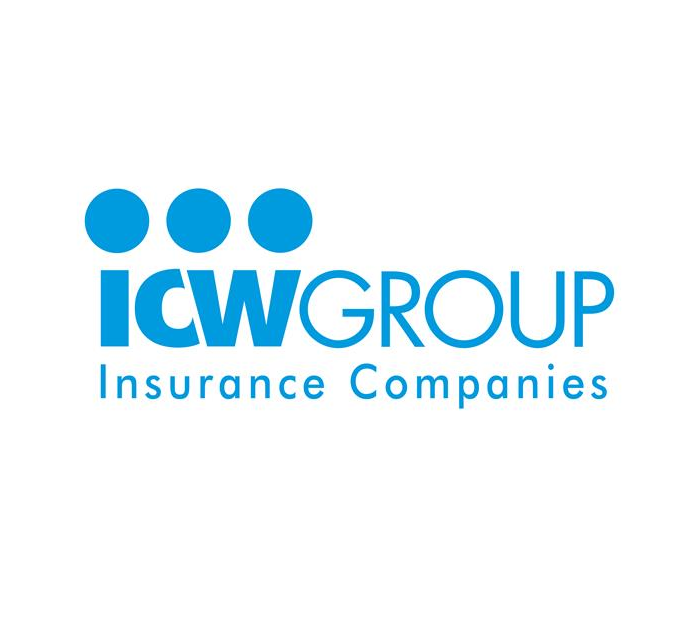At ICW Group, we know that great businesses are built by great people. But we also know that a single bad hire—particularly one made in haste or without proper screening—can result in far more than just a mismatch. It can expose your business to fraud, safety risks, reputational damage, and higher insurance costs. That’s why we strongly encourage our policyholders to invest in a thorough vetting process during hiring.
Hiring is more than filling a role—it’s a risk management decision. Every employee represents a potential liability or an asset. The better your hiring process, the better your chances of building a trustworthy, productive, and fraud-resistant workforce.
Why Vetting Matters
Whether you operate a small business or manage a multi-location enterprise, thorough vetting should be a non-negotiable part of onboarding. Rushed or informal hiring practices can result in employees with a history of dishonesty, workplace misconduct, or prior fraud against previous employers.
Consider these potential risks:
- An unverified new hire may have previously filed false workers’ compensation claims.
- A manager hired without a background check may have committed financial or billing fraud at a former employer.
- A temporary worker with no reference check could steal inventory or sensitive data.
These are not hypothetical scenarios. Our Special Investigations Unit frequently uncovers questionable claims involving misrepresented injuries and similar fabrications.
How Strong Hiring Practices Protect Your Business
A structured vetting process doesn’t just filter out bad actors—it builds a culture of accountability and helps prevent fraud from taking root. Here’s how:
- Reduces internal fraud risk: Employees who know the company does its homework are less likely to test boundaries.
- Supports safer work environments: Screened candidates are more likely to follow safety protocols, reducing injury claims.
- Promotes long-term retention: Hiring right the first time reduces turnover and its associated costs.
- Strengthens your defense: If a fraudulent employment claim arises, a documented hiring process shows diligence and supports your position.
Tips for Building a Strong Vetting Process
- Conduct background checks. Use compliant vendors to screen for relevant employment, fraud flags, or licensing issues.
- Use the E-Verify system. This federal resource helps verify employment eligibility and protect against identity fraud.
- Require certifications when relevant. Especially for regulated roles like drivers, trades, and healthcare workers. Maintain these records via a thorough record retention protocol.
Many states also offer hiring resources for employers. For example, the U.S. Department of Labor’s CareerOneStop offers tools for background screening, wage verification, and compliance guidelines. Local Workforce Development Boards may also offer assistance.
Hiring as a Fraud Prevention Tool
As your insurance partner, we view hiring as one of the earliest—and most important—opportunities to reduce risk. A single act of internal fraud can result in a costly claim, reputational fallout, or even legal action. But many of these risks can be prevented long before someone clocks in on their first day.
By prioritizing integrity at the front end of employment, you’re protecting your operation, your team, and your future. Current policyholders are encouraged to visit your Policyholder Perks section of our website for more resources to support your business.

